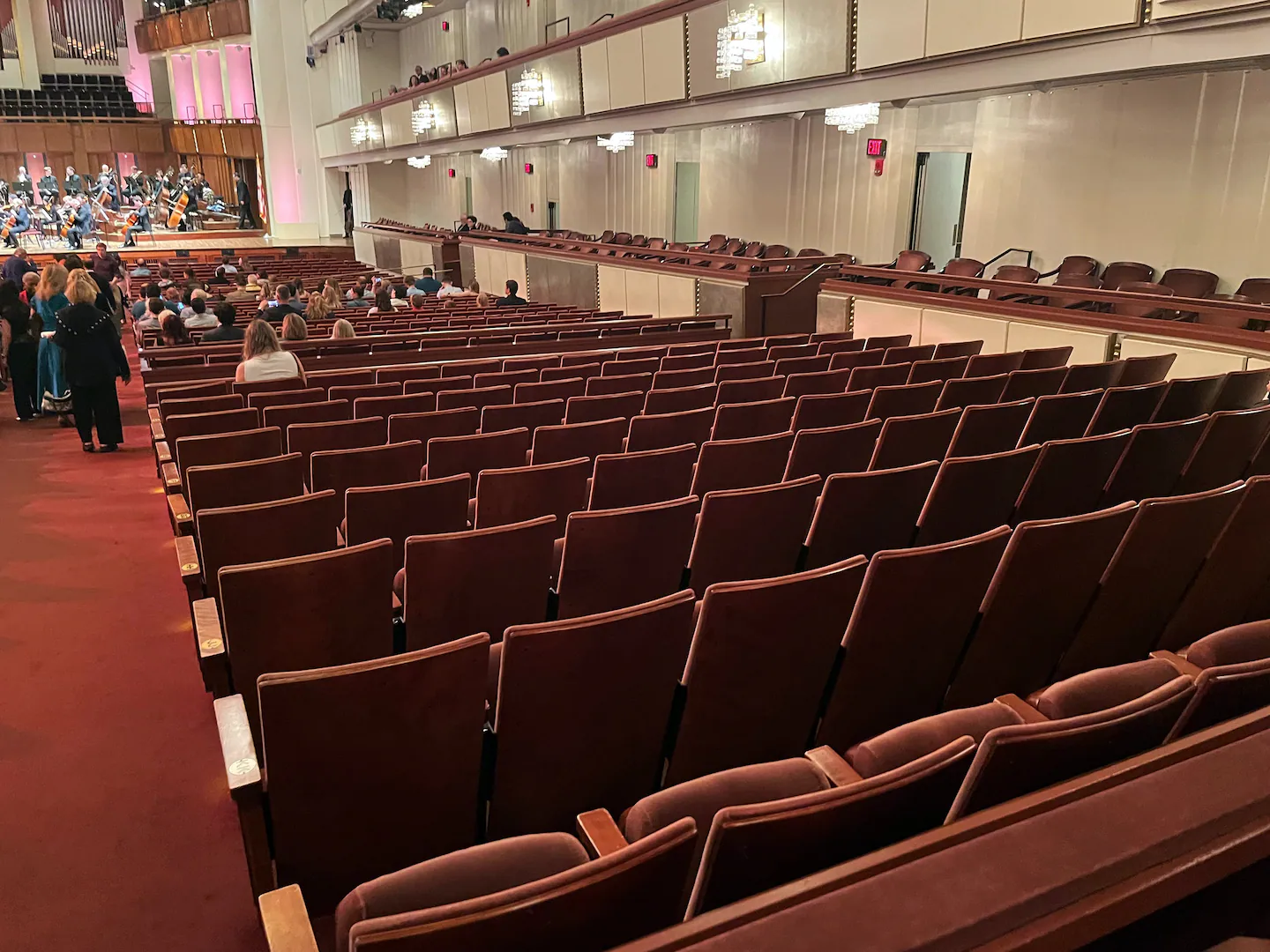Copyright Variety

AI expert Dominic Lees said that Morgan Neville’s decision to recreate Anthony Bourdain’s voice with the help of artificial intelligence in doc “Roadrunner” was “absolutely appalling.” Bourdain died by suicide in 2018. “Neville wanted it to be like a tribute, almost a eulogy. This movie is full of good intentions,” added Lees. “He wanted it to look like Bourdain is speaking from the dead, à la ‘Sunset Boulevard.’” In the film, artist David Choe reads an email that the celebrity chef had written to him shortly before his death, only for “Bourdain’s” voice to take over. “The audience started to think there was something wrong. Who on earth records themselves reading an email?! Neville responded: ‘OK, I’ll fess up. I used a voice clone.’ However, he had not informed the audience that he had done so. Furthermore, he told his critics: ‘I’ve used the technology in three other places in this film and I won’t tell you where’.” Speaking at Ji.hlava Intl. Documentary Film Festival’s Conference on Ethics in Documentary Filmmaking, Lees said that the damage to Neville’s reputation was “very, very profound.” “Personally, I can’t watch another Morgan Neville documentary without thinking: ‘You deliberately deceived me.’ The trusting relationship between me, the audience, and you, the filmmaker, is completely gone.” He argued the lack of transparency in the use of AI can “shatter” the relationship with viewers. Another issue is consent. “In the middle of ‘Roadrunner’ controversy, Neville claimed: ‘I asked [Bourdain’s] ex-wife and she said that would be cool.’ Then she replied: ‘No, I didn’t.’ This further undermined his credibility.” During a keynote speech at the Czech fest, Lees also addressed the AI-focused production company Particle 6. Already behind the controversial “AI actress” Tilly Norwood, it’s also focusing on historical documentary. “They said Tilly Norwood would be taken on by Hollywood agents and star in films, but they also see documentaries as a major part of their future business, starting with historical reconstructions,” he said, showing the company’s showreel and describing their efforts as “comical.” “The slaves in ancient Egypt are wearing bright white towels, as if they’ve just come out of a sauna or something. This is how Particle 6 hopes to appeal to documentary filmmakers working in this area of television and historical documentary.” Many companies hope that an ethical statement will “create confidence,” he said, citing Gennie, also specializing in docs and historical reconstruction. “They’ve got their ‘Gen Commandments,’ a public-facing and code of ethics that ‘promotes historical accuracy, transparency, fairness in representation and respect for real human likeness.’ But we have to be very, very wary of companies putting their ethics forward in terms of their promotion.” Returning to the topic of voice manipulation, Lees mentioned the National Geographic doc “Endurance,” depicting Ernest Shackleton’s 1914-1917 mission to the Antarctic. Its makers decided to recreate his voice and added a disclaimer in the end credits. “Producer Ruth Johnston had to consider what’s her relationship with the audience. ‘I’ve used AI in my film. What should I do?’ She makes it very clear these voices have been recreated using artificial intelligence,” said Lees, reiterating that “transparency is going to be one of the absolute core ethical issues around the use of generative AI by documentary filmmakers.” However, voice creation – especially in the case of historical figures – can be tricky. Jan Rehwinkel’s short “History Will Teach Us Nothing,” shown at the fest, features Hitler. “Once you’ve created your deepfake AI human avatar or voice clone, it’s a persistent asset that will exist forever. And who controls that? Documentary filmmakers think they don’t need to worry, because they’ve made their film. But this is a fine-tuned model of Adolf Hitler’s voice that’s out there. Anyone can use it. The ethics extend to the technology as a whole, not just filmmakers themselves.” Felix Moeller faced a similar dilemma in “Jud Süss 2.0: From Nazi Propaganda to Online Anti-Semitism,” ultimately deciding not to recreate Henry Ford’s voice. “He was one of the richest men in the world back in the 1920s and 30s, and an anti-Semite, which draws some parallels with the present day. He latched onto this fake document, ‘The Protocols of the Elders of Zion,’” explained Lees. “They thought: ‘Would it be possible to have Henry Ford read his own anti-Semitic tract?’ It’s absolutely vile, but as a filmmaker, you want to express how vile anti-Semitism was in America at the time. They showed it to me and I was worried for a number of reasons. Clearly, an anti-Semite could extract this and use it in 21st century anti-Semitic propaganda.” He added: “This is an important thing for documentarians to consider. I have the opportunity to use generative AI, which may be a beautiful way to supplement the creative impact of my film, but I can also decide at any time this is not the right thing to do.” Praising examples of AI in documentaries such as “Welcome to Chechnya,” where deepfakes masked the identities of lesbian and gay activists who could otherwise have been murdered, he noted: “In the age of AI, the audience is increasingly aware that what they’re seeing on the screen may not be authentic. Authenticity has been an issue within documentary filmmaking since its inception, but now we have a much more serious problem on our hands.”



